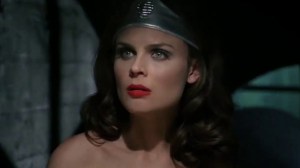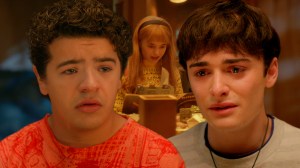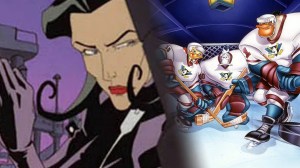Science fiction is arguably the riskiest genre in television. The very nature of sci-fi demands that creators build entire worlds from scratch, complete with unique rules, advanced technologies, and complex social structures that audiences must learn on the fly. This requires a significant investment of trust and patience from the viewer, as intricate plotlines and ambitious concepts often take time to develop and pay off. When a show gets it right, the results are spectacular, leading to cultural phenomena like Stranger Things, The Expanse, and the modern revival of Doctor Who. These series captured the zeitgeist by blending high-concept ideas with relatable characters and compelling mysteries, earning both critical acclaim and massive global followings.
Videos by ComicBook.com
However, for every blockbuster success, there are dozens of brilliant sci-fi shows that fail to find the audience they deserve. Sometimes a series is too far ahead of its time, presenting ideas that are too challenging or unconventional for mainstream tastes. In other cases, a show’s slow-burn narrative may not generate enough immediate buzz to survive in a competitive television landscape. These are the shows that build devoted cult followings long after their premature cancellations, leaving fans to wonder what could have been. They represent the high-stakes gamble of the genre, where ambitious storytelling can just as easily lead to obscurity as it can to international acclaim, proving that some of the best ideas are destined to be tragically overlooked.
7) Ascension
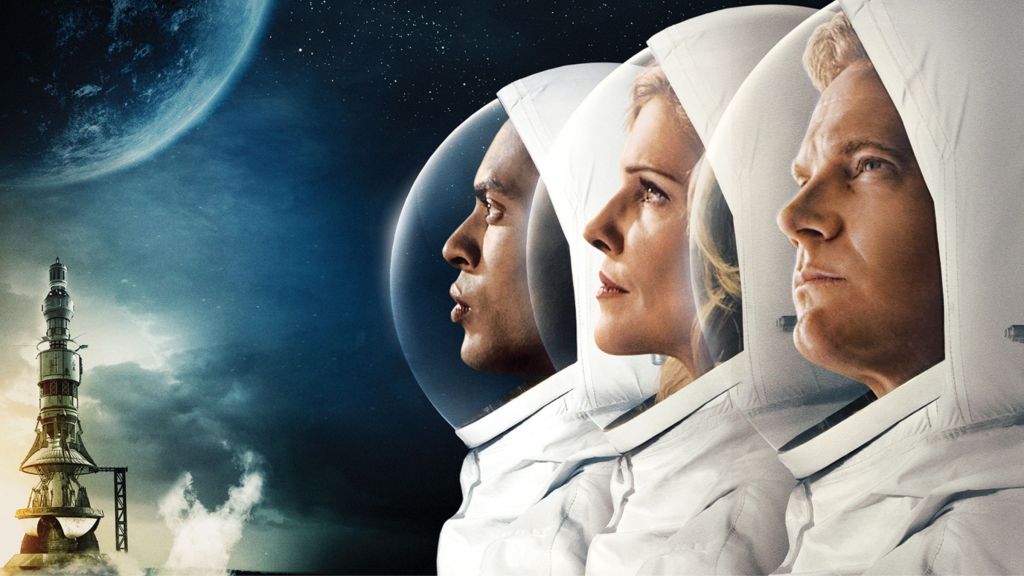
The 2014 miniseries Ascension presented a fascinating premise that was quickly upended by one of the boldest twists in modern sci-fi. The series is set aboard a massive starship launched in secret by the U.S. government in 1963 on a century-long mission to ensure humanity’s survival. Fifty-one years into its journey, the ship’s closed society has become a perfect time capsule of the early Cold War era, complete with its distinct fashion, social hierarchies, and simmering paranoia.
Ascension‘s fragile world is thrown into chaos when a young woman is murdered, the first homicide in the ship’s history, forcing a reluctant investigator to navigate a web of secrets and lies. The investigation serves as the engine for the plot, exposing the deep-seated resentments and political conspiracies that threaten to tear the meticulously structured community apart from the inside. The result is a compelling sci-fi whodunit that only improved as the truth is uncovered.
6) ReGenesis
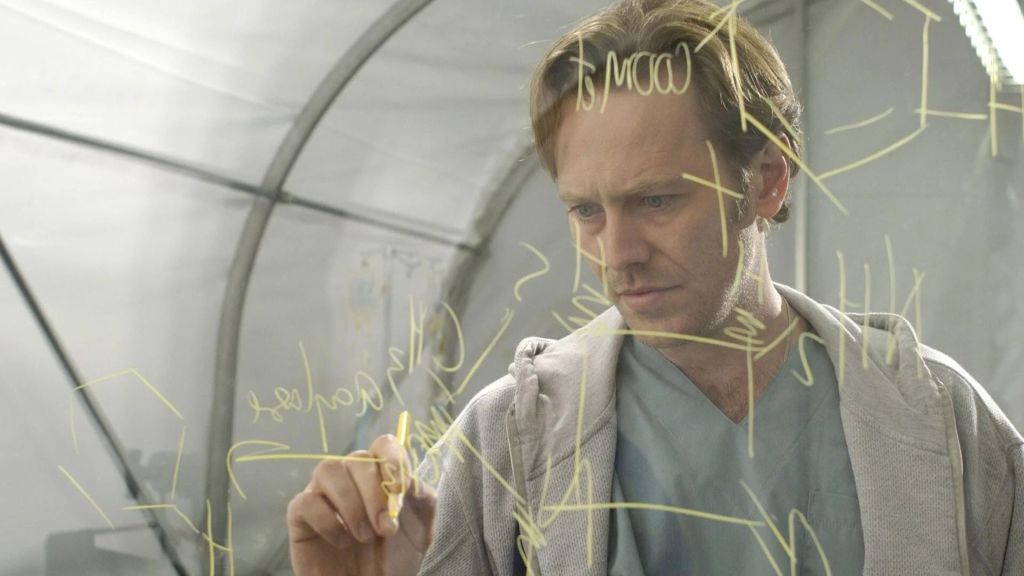
Airing long before biotech thrillers became a television staple, ReGenesis was a remarkably prescient Canadian series that grounded its science fiction in startling realism. The show centered on the scientists of the North American Biotechnology Advisory Commission (NorBAC), a fictional organization that investigates bioterrorism, mysterious pandemics, and other crises rooted in scientific advancements. Led by the brilliant but reckless chief scientist David Sandström (Peter Outerbridge), the NorBAC team navigated complex biological puzzles and the thorny ethical and political dilemmas that came with them.
ReGenesis distinguished itself with its refusal to simplify complex scientific concepts, trusting its audience to keep up with detailed discussions of molecular biology and epidemiology. This dedication to realism made the show’s threats feel urgent and believable, creating a tense and thought-provoking narrative that explored the profound impact of science on society.
5) Osmosis
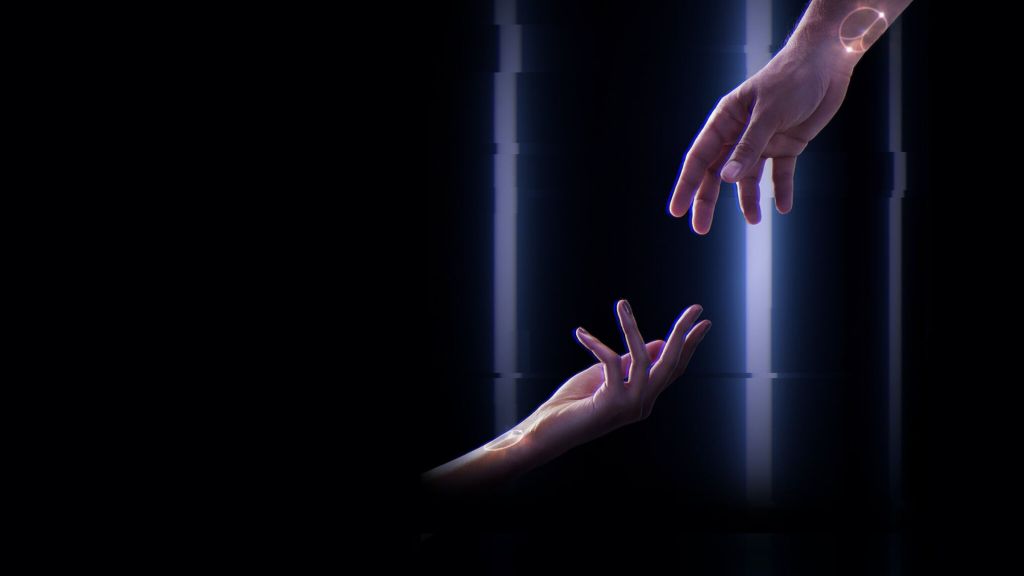
The French Netflix series Osmosis took a familiar sci-fi concept and infused it with a unique sensibility. Set in a near-future Paris, the show follows a brother and sister who have developed a revolutionary dating app that promises to find a user’s perfect soulmate by implanting a device into their brain. An advanced AI then mines their deepest thoughts to identify their one true love with 100% accuracy.
What makes Osmosis so compelling is its focus on the messy consequences of eliminating the uncertainty of romance. The show also explores how technology’s promise of a perfect life can clash with the unpredictable nature of human emotion. Still, rather than a straightforward tale about the dangers of AI, the series becomes a haunting meditation on memory, identity, and the ways in which people define themselves through their relationships, offering a nuanced exploration of love in the digital age.
4) Real Humans
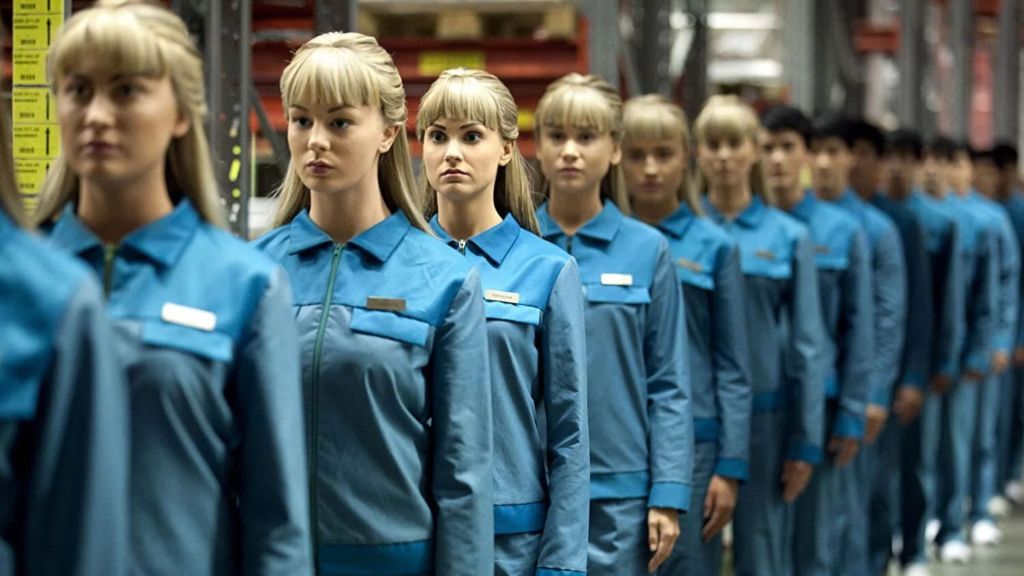
Years before shows like Westworld brought philosophical questions about artificial intelligence to the mainstream, the Swedish series Real Humans explored the same territory with a melancholic brilliance. The show is set in an alternate version of present-day Sweden where human-like androids known as “hubots” have become commonplace consumer products, serving as everything from domestic servants to companions.
The story of Real Humans unfolds through the eyes of two families and a group of sentient hubots who have achieved free will and are fighting for their freedom. Because of that, the series excels at examining the societal impact of this technology from a deeply personal perspective, sidestepping explosive action in favor of character-driven drama. In addition, it thoughtfully investigates themes of prejudice, family, and the very definition of consciousness, all grounded in a mundane reality that makes its sci-fi elements feel incredibly plausible.
3) Travelers
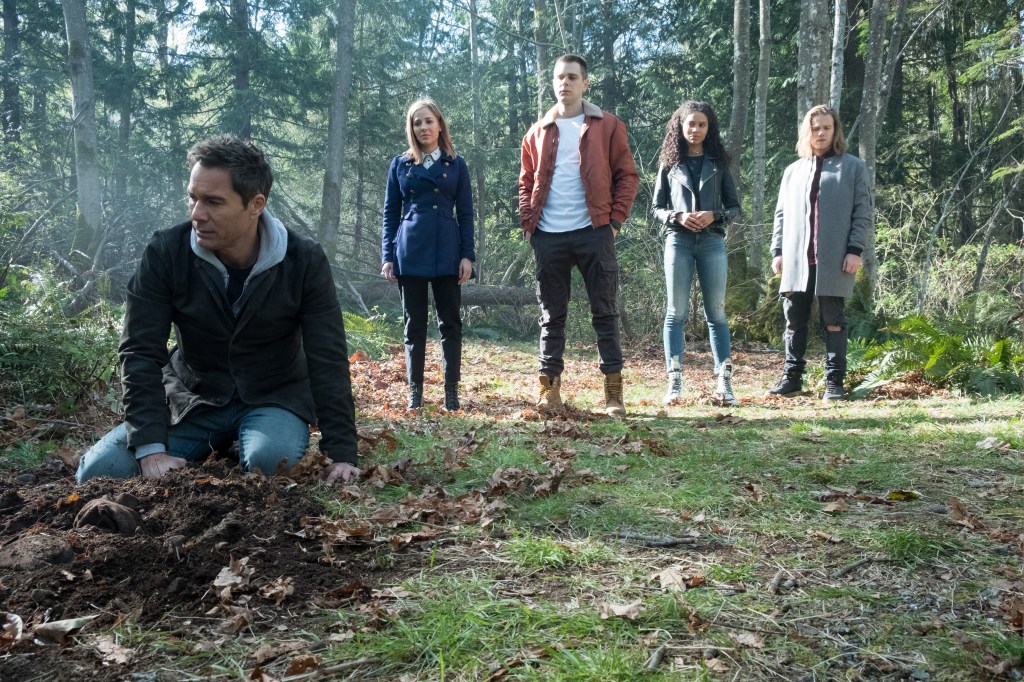
With a unique twist on the time travel genre, Travelers delivered a compelling story that prioritized character over spectacle. The series is set in a post-apocalyptic future where special operatives have their consciousnesses sent back to the 21st century, where they inhabit the bodies of people for short periods before their recorded deaths. Led by a man who takes over the life of FBI agent Grant MacLaren (Eric McCormack), a team of these “travelers” must carry out missions assigned by a powerful AI known as the Director.
Travelers focuses on the human cost of its sci-fi premise. The travelers are forced to contend with their hosts’ jobs, families, and personal struggles, creating a rich blend of espionage thriller and character drama. Each member of the team grapples with the moral and emotional weight of their actions, with the series using its high-concept premise to tell relatable human stories.
2) Continuum
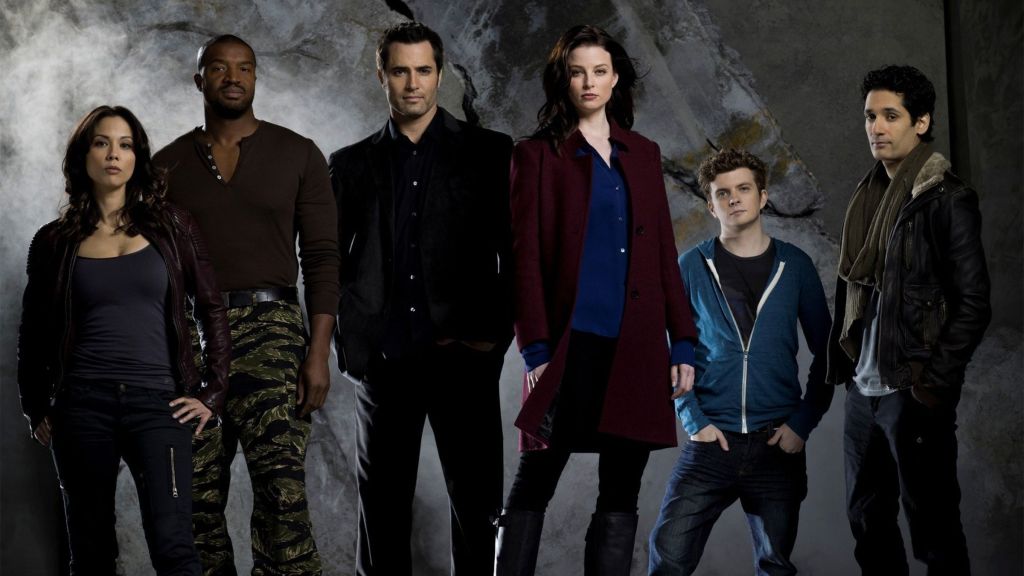
The Canadian series Continuum blended a high-stakes time travel plot with a nuanced exploration of morality and ideology, creating a show that was consistently smarter than its action-packed surface suggested. The story begins in a dystopian Vancouver in 2077, where a police officer named Kiera Cameron (Rachel Nichols) is accidentally pulled back to 2012 with a group of terrorists from a resistance movement called Liber8. Stranded in the past, Kiera teams up with a local detective to hunt down Liber8 and preserve her future.
Continuum thrived on its moral ambiguity. While Liber8 are initially presented as ruthless killers, the show gradually reveals the oppressive future they are fighting to prevent, forcing both Kiera and the audience to question who the true villains are. Furthermore, the series cleverly used its time travel mechanics to create complex paradoxes and shocking plot twists, making it a thrilling sci-fi procedural.
1) Counterpart

Blending espionage thriller and cerebral science fiction, Counterpart is a modern classic that remains one of the most underappreciated shows of the 21st century. The series stars J.K. Simmons in a stunning dual role as Howard Silk, a low-level bureaucrat at a UN agency in Berlin whose life is upended when he discovers that his organization oversees a crossing to a parallel universe created during the Cold War. He is soon confronted by his “counterpart” from the other side, a hardened spy who is everything our Howard is not.
The two worlds of Counterpart have diverged over 30 years, and a war is brewing between them. Still, while the main plot is gripping, the series also uses its parallel universe premise to explore questions of identity, fate, and the choices that define a person’s life. Counterpart is a slow-burning thriller of the highest order, featuring a fiendishly complex plot and a tour-de-force performance from Simmons, which is why it deserves more love.
Which underrated sci-fi show do you think deserves more recognition? Leave a comment below and join the conversation now in the ComicBook Forum!


